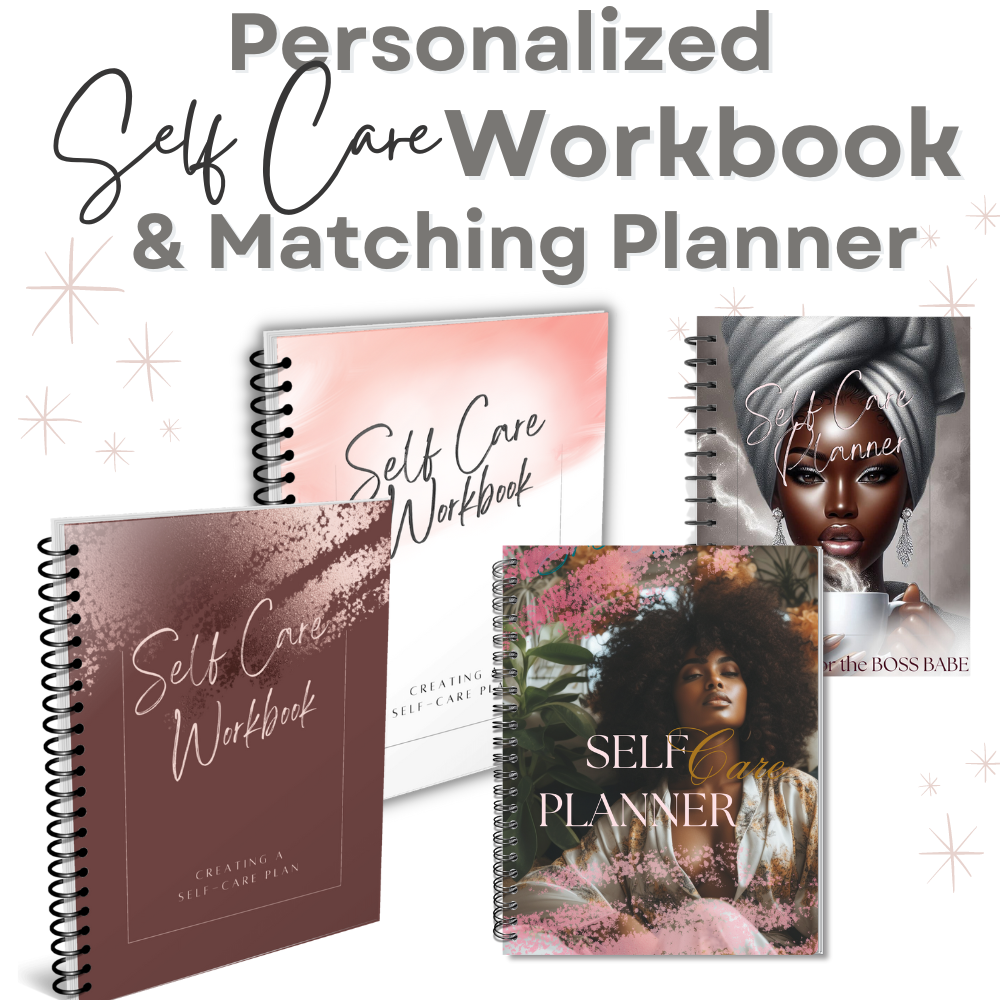Introduction
In today’s fast-paced world, self-care has become more than just a buzzword—it’s a crucial aspect of living a balanced and fulfilling life. But what exactly is self-care, and why is it so important? This comprehensive guide explores the essence of self-care, its benefits, and practical tips to integrate self-care routines into your daily life, ensuring your well-being is always a priority.
What is Self-Care?
Self-care refers to the intentional actions we take to care for our physical, mental, and emotional health. It’s a personal commitment to oneself to maintain a healthy and balanced lifestyle. This holistic approach encompasses various practices that promote well-being, reduce stress, and enhance our quality of life.
Physical Self-Care
Physical self-care involves activities that improve your physical health, such as regular exercise, adequate sleep, a nutritious diet, and routine health check-ups. It’s about listening to your body and responding to its needs.
Mental Self-Care
Mental self-care focuses on activities that declutter the mind and reduce stress, such as meditation, reading, or engaging in a hobby. It’s about giving your mind a break from the stresses of everyday life.
Emotional Self-Care
Emotional self-care is about being in tune with your emotions and finding healthy ways to express and manage them. Practices include journaling, seeking therapy, and building supportive relationships.
The Benefits of Self-Care
Self-care is essential for maintaining both your mental and physical health. It helps to:
- Reduce anxiety and depression
- Improve concentration and productivity
- Enhance self-esteem and self-awareness
- Strengthen relationships with others
- Promote a healthier work-life balance
How to Practice Self-Care
Practicing self-care doesn’t have to be complicated or time-consuming. Here are some simple strategies to incorporate into your daily routine:
- Set Realistic Goals: Start with small, achievable goals to avoid feeling overwhelmed.
- Create a Routine: Establish a daily or weekly self-care routine that fits into your schedule.
- Stay Active: Regular physical activity can significantly boost your mood and energy levels.
- Eat Well: A balanced diet is key to feeling good both inside and out.
- Get Enough Sleep: Prioritize sleep to improve your mood, brain function, and overall health.
- Practice Mindfulness: Incorporate mindfulness or meditation into your daily routine to help reduce stress.
- Connect with Others: Spend quality time with friends and family to nurture your relationships.
FAQs
How much time should I dedicate to self-care?
The amount of time can vary for each person, but even a few minutes a day can make a significant difference.
Can self-care help with anxiety?
Yes, self-care practices like mindfulness, exercise, and proper rest can help reduce symptoms of anxiety.
Is self-care selfish?
No, taking care of yourself enables you to care for others more effectively. It’s essential for maintaining a healthy balance in life.

Conclusion
Self-care is an indispensable part of leading a healthy and balanced life. By incorporating self-care practices into your daily routine, you can improve your physical, mental, and emotional well-being. Remember, self-care is not a one-size-fits-all approach; it’s about finding what works best for you and making it a priority. Start small, be consistent, and watch how self-care can transform your life.
Follow us on Facebook at amherjournals and TikTok at amherjournals
